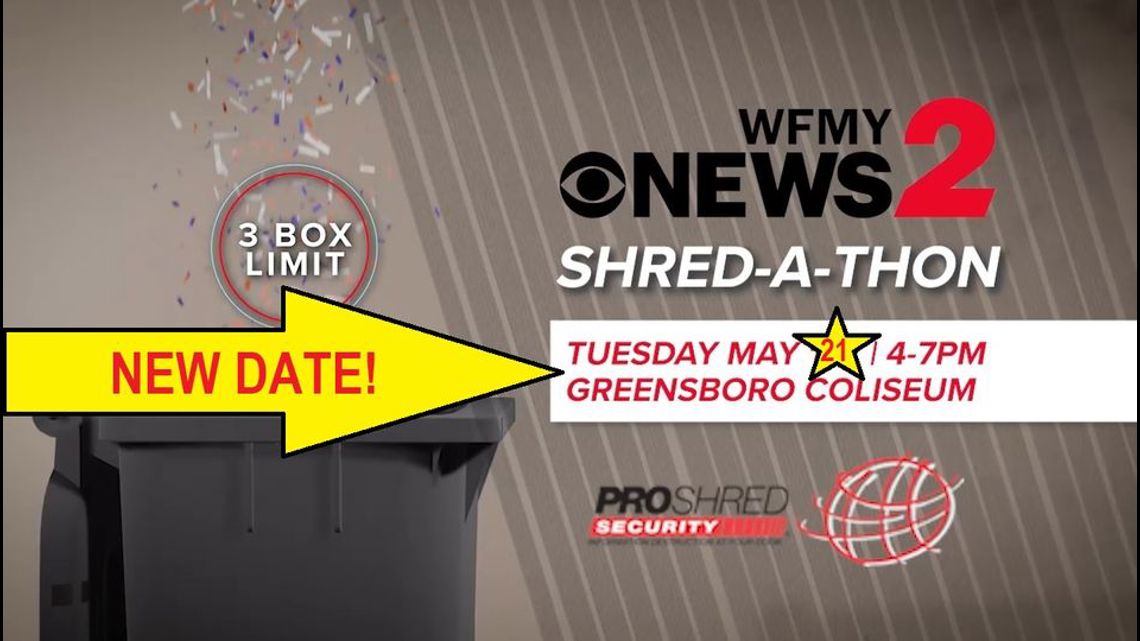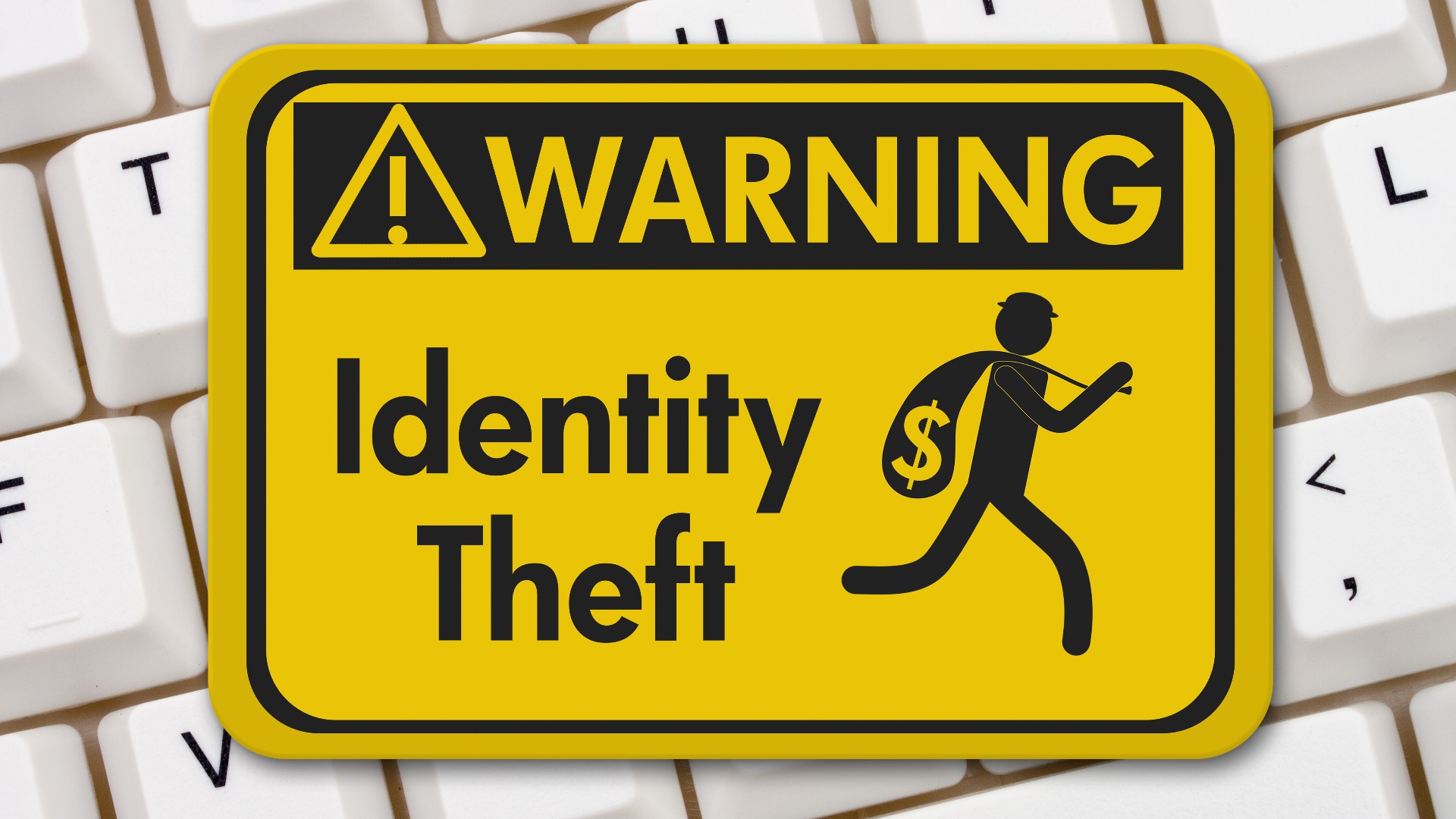GREENSBORO, N.C. — It's not a matter of if, but when your identity is stolen and the last thing you want to do, is leave your child's identity unprotected and easily stolen.
Most folks don't think about their child's credit, I mean, why would you, it's not like they could use a credit card, right? But that's what identity thieves are counting on. When they steal a child's credit, they often have at least a decade to open up cards and get loans without anyone knowing about it.
So, what should you do? Check your child's credit report and freeze their credit. It is free for you to do.
Freeze your credit
Freezing credit is free and it keeps the bad guys from opening up accounts. It still allows you, the adult, to use your credit cards.
Equifax Security Freeze
P.O. Box 105788 Atlanta, GA 30348//1-800-685-1111
Experian Security Freeze
P.O. Box 9554 Allen, TX 75013//1-888-397-3742
TU Protected Consumer Freeze
P.O. Box 380 Woodlyn, PA 19094//1-800-916-8800
Child Credit Freezes
The first thing you want to do is check to see if your child has a credit report. This will tell you if their identity has already been compromised.
Checking your child’s credit starts online, you will print out and fill out your info as the parent, their info as the kid along with copies of your driver's license...your child's birth certificate, and the child's social security card.
You then will mail it all in. By law, it has to be done that way.
It's not a quick process, but can you imagine your kid turning 18, applying for a school loan, and then finding out someone has been using their credit? It happens.
You want to check and freeze with each credit bureau.
When it comes to what you can do every day to prevent ID theft, don't leave checks to pay bills in your mailbox---along with the flag up. Don't throw out your mail, credit card offers, bank statements, or anything that has personal information.
"A lot of times internet criminals are looking for other fragments of information to put together like your address, Social security number, and so you want to have an efficient strategy you can to protect your identity and that is shredding on a regular basis
What do you need to be shredding? Probably more than you think.
The Federal Trade Commission says you should get rid of things like sales and a-t-m receipts, credit card statements, and offers-- as well as non-tax related canceled checks and paid utility bills *immediately.* Pay stubs and bank statements can go after a year. After seven years, get rid of tax receipts and tax-related checks as well as w2's. You should never shred important documents like birth certificates, marriage or divorce decrees, social security cards, or tax returns.
Bring three boxes or bags filled with the documents you need to shred.



